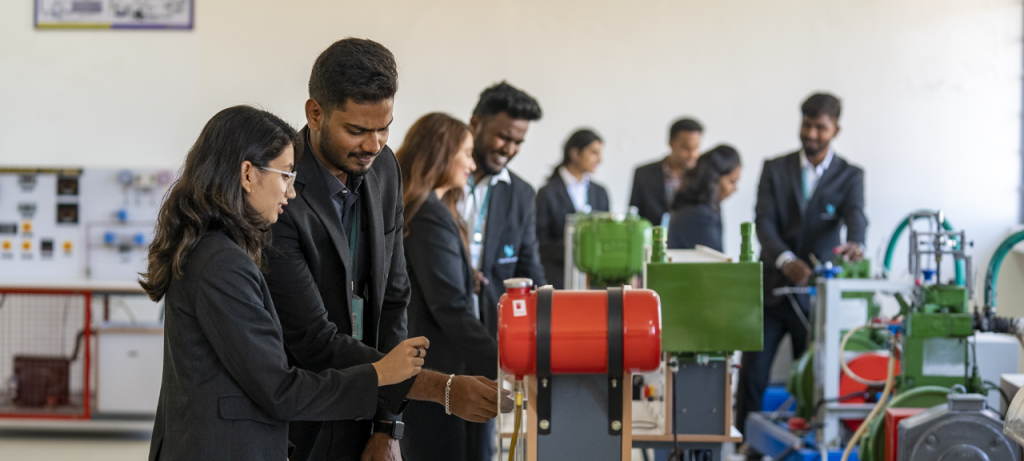FAQs
What is the duration of the MSc course at CMR University?
Two years
What is the admission process for the MSc course at CMR University?
Written test and interview
What is the eligibility criteria for the MSc course at CMR University?
Bachelor’s degree in the relevant field with a minimum of 50% marks. Other equivalent qualifications may also be considered.
Does the MSc course at CMR University offer any practical training or internship opportunities?
Yes, the MSc course at CMR University provides students with practical training and internship opportunities as part of the curriculum.
How long does it take to complete the program?
The duration of the HRDM (Human Resource Development Management) program varies depending on the institution and the country. In India, the program is typically 2 years long, while in some countries, it may be completed in 1 year. However, some institutions offer part-time or online programs that may take longer to complete.
What is the difference between a Counselling Psychologist and a Clinical Psychologist?
While both Counseling Psychologists and Clinical Psychologists are mental health professionals, they differ in their focus. Counseling Psychologists work with individuals to address emotional and social issues such as career planning, relationship problems, and life transitions. Clinical Psychologists, on the other hand, diagnose and treat mental illness. Clinical Psychologists often work in hospitals or mental health clinics, while Counseling Psychologists work in schools, private practices, or community centers.
What is M.Sc. Counselling?
M.Sc. Counselling is a postgraduate program that provides students with advanced training in counseling theories, techniques, and practices. The program typically covers topics such as human development, psychopathology, research methods, and ethics. Graduates of the program can work as professional counselors in a variety of settings such as schools, clinics, hospitals, and private practices.
Is it quite expensive to pursue M.Sc. in Counselling in India?
The cost of pursuing an M.Sc. in Counselling in India varies depending on the institution and location. Public institutions generally have lower fees compared to private institutions. However, the cost of living and other expenses such as books, accommodation, and transportation should also be taken into account. Scholarships, grants, and financial aid programs may also be available to help cover the costs of education.
What kind of job roles are eligible for the postgraduates after completing this course?
Postgraduates who complete an M.Sc. in Counselling can pursue a variety of job roles in different settings such as schools, hospitals, private practices, rehabilitation centers, and community centers. Some of the job roles include counselor, therapist, psychotherapist, career counselor, school counselor, mental health consultant, and researcher in the field of counseling.













